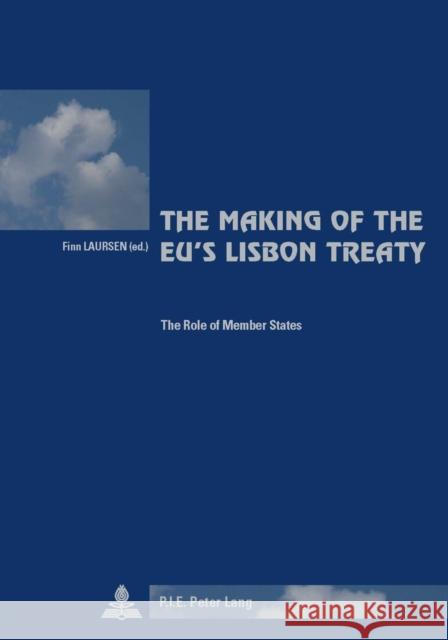The Making of the Eu's Lisbon Treaty: The Role of Member States » książka
The Making of the Eu's Lisbon Treaty: The Role of Member States
ISBN-13: 9789052018126 / Angielski / Miękka / 2012 / 324 str.
The European Union (EU) has gone through a number of treaty reforms since the establishment of the European Communities in the 1950s and the creation of the European Union by the Maastricht Treaty in 1992. The latest such reform is the Lisbon Treaty, which entered into force in 2009.
In this book, a number of scholars explore the process of producing the Lisbon Treaty. The focus is on the role of member states, arguably the masters of the treaty. Intergovernmental conferences have become the main setting for treaty reforms since the Single European Act (SEA) in the mid-1980s. This makes national preferences and inter-state bargaining important when new treaties are negotiated.
The Lisbon Treaty delineates a number of institutional changes. In the end the product has to be evaluated against the standards established at the outset. Will the treaty improve the efficiency, democratic legitimacy as well as the coherence of the Union s external action, as the member states claimed it would? While the final text of the treaty leaves the EU with some new institutional possibilities, it also has its limitations, especially in the area of foreign and security policy."











